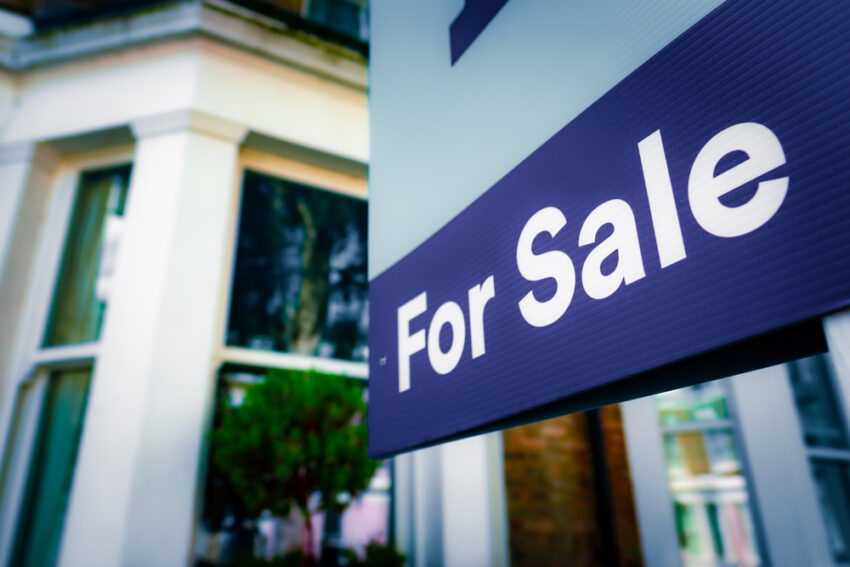[ad_1]
First-time homebuyers in some of the UK’s most expensive areas are hurrying to finalise property purchases before April 1, when stamp duty costs are set to rise by an average of £6,300, according to new data from Rightmove.
Demand for homes among first-time buyers in London has increased by 3 percentage points since the recent budget announcement, with many expressing a strong interest in completing transactions by March 31.
From April 1, the stamp duty exemption threshold for first-time buyers will decrease from £425,000 to £300,000. This change means that properties priced above £300,000 will incur stamp duty costs, disproportionately affecting buyers in London, the East of England, and the Southeast, where property prices are highest. Rightmove reports that only 8% of homes in London will remain stamp duty-free for first-time buyers after the change, compared to 32% in the East and 24% in the Southeast. In contrast, 73% of homes in the Northeast will still be exempt.
Property consultancy Savills estimates that the average first-time buyer in London will see stamp duty costs increase from £2,752 to £9,002, an additional £6,250. Despite the urgency, the average property transaction takes about five months (151 days) to complete, leaving little time for new buyers to finalize purchases before the April deadline, given there are only 124 days until the changes take effect.
Past stamp duty changes have led to surges in property transactions as buyers rush to meet deadlines. Research by Savills during the 2021 stamp duty holiday showed that sales leapt from 143,460 in February to 177,300 in March ahead of a March 31 deadline. Similarly, just before the extended deadline on July 1, purchases jumped from 114,800 to 204,370 in June. However, agents have noted that such rushes can lead to buyers overpaying for properties, sometimes negating the stamp duty savings.
Meta Description: First-time buyers in London and other expensive UK regions are rushing to complete home purchases before stamp duty costs rise on April 1. Learn how the upcoming tax changes could add an average of £6,300 to property costs.
[ad_2]
Source link

